The Systems Administration Service sleeps with one eye open; it’s practically INESC TEC’s “black box”, and André has been immersed in it for over 20 years. The story begins long before his “first day”. Not long ago, a blackout brought to light the kind of work that usually takes place in the background. Tasks pile up, many running simultaneously, all while hundreds of requests come in. There are stories “to laugh and cry about” – best saved for another time.
On his first day at INESC (INESC Norte at the time) André made his way to Largo de Mompilher, sat at a desk, and switched on a computer – although his feet didn’t even touch the floor. He did it many times: he’d head straight for one of the Macintosh computers, load the Hangman game, and lunchtime would arrive in a flash. Soon the days were over – mission accomplished -, and all that was left was to watch the clock, longing to return and relive it all.
His “first proper day” – with his feet firmly on the ground – came in 2003. Today, André Freitas is part of the Institute’s Systems Administration Service (SAS). If it hadn’t been for those “holidays” in Mompilher, spent at the office with his mother, Regina Freitas, things might have turned out very differently. “I think it was because of those summers that I started liking computers,” he said.
There’s very little INESC TEC history before André’s mother joined in 1985; Regina spent over 20 years at the institution. The newly born INESC Norte was a family topic and reached André every day when Regina came home to Foz. During a certain summer, when he was nine, he would leave home headed for downtown Porto, anticipating a day surrounded by floppy disks and lunch breaks spent roaming the city centre, with a place at the table at Restaurante Ernesto or Pizzaria Celeste. This went on for many years – he even attended a couple of Christmas parties hosted by the Institute in the 1990s, where he remembers unwrapping a guitar and a globe.
A self-taught man with a bit of “luck”
By the 2000s, INESC had taken a new course. André was back at the Asprela bus stop, catching buses increasingly crowded with familiar faces; this reunion happened almost by chance. “Everything just fell into place,” he said. He was finishing his IT course at CESAE, and a partnership paved a path to INESC. But this time, “there was no place for me: I was an intern, and I spent many months in the glass room – the old data centre,” he recalled. Back then, the service was still called the Department of Communications and Informatics (DCI), and André was doing helpdesk support, running a Pentium II machine – “they didn’t provide Pentium IVs to interns,” he stated.
It was like coming home – to childhood memories and familiar faces. He reconnected with João Neves, António Carlos, José Carlos Sousa, and Fernando Sousa (likely the same people who were around when he first met a computer back in Mompilher. “When my mother bought our first computer, I learned a lot on my own. And then, with his [Fernando] help, I learned even more. He helped me with so many things here; us, IT guys, we’re all a bit self-taught.”
Looking back, he said he was “lucky”. He reconnected with old friends, made new ones, and along the way, found the right person to build a life – and a family – with. That, he said, was “the major milestone” of his INESC TEC path. It’s been a meaningful journey, and André believes that the appreciation people showed for his mother (Regina is mentioned by nearly every person in the On a Personal Note series) may have extended to him too. “People were very nice to me. So maybe it was easier for me to feel at home.”
Turn it off and on again
As INESC TEC keeps growing, the notifications never stop, and there’s no such thing as a “nine-to-five” for the four IT staff in his team and the three in the Networks and Communications Service. Together, they keep the “digital wheels” turning for a community of nearly 2,000 members. That’s no small feat. “The problem with our job is that there are things I can’t do during the day because they’re disruptive for others. For example, we can’t do server maintenance during working hours,” he explained.
No two days are the same – and as if that weren’t enough, they’re often influenced by the never-ending cycle of machines begging for the good old “turn it off and on again”. And then there are the long nights. “There were a few frustrating weekends,” he recalled, referring to a phishing attack that led to some serious late nights. “We’d stay up trying to work out which accounts were being compromised, in real time.”
It’s the kind of problem solved in the shadows, behind the scenes, to make sure the “machine” is ready for whatever comes next. Most of their work remains hidden, but when it surfaces, there’s no way to avoid it. One of said moments, you ask? The collapse of the Iberian power grid – “the biggest test” in André’s more than two decades at INESC. “Out of everything I’ve faced here – compromised machines, all kinds of errors and vulnerabilities – that was the worst.” And yet, the next morning, it was as if the country hadn’t been plunged into darkness the day before.
André was one of those who spent the night at Asprela, rebooting systems in a carefully coordinated way, “turning on” critical services bit by bit. “Email was up and running by the early hours. We managed to get all the essential systems online so people could access everything as soon as they came to work the next day.” It went well “because the systems were ready for this, and so were we – we had several solutions planned. I think that was the hardest challenge I’ve faced at INESC TEC.”
Growing side by side
So, what do you do after a day like that? A few years back, the answer would’ve been easy: grab a skateboard and cruise the roads along Gaia’s waterfront. The board was a natural evolution of the street culture André grew up with in old Foz, where he was born in 1980. It was on the streets of Foz that he caught the “rollerblade fever”. “I skated for years. There was a kind of craze along the waterfront, in Foz and Nevogilde. I skated until I started working – practically into my twenties.”
These days, the answer isn’t so straightforward; his free time belongs to his two children at home. But he still hears the Foz calling. “It’s completely different from the rest of the city,” he said, even finding meaning in the way the streetlights shine there – only rivalled by the Estádio do Dragão, having been a FC Porto fan since “the year of the first Champions League win.” For now, INESC TEC continues to provide him good reasons to stay.
Because “some things stick with you.” “One of the moments I hold dearest was during the 20th anniversary celebrations, when they honoured the long-standing members. Pedro Guedes de Oliveira (Chairman at the time) paid tribute to my mother, even though she had already passed away. It was a very moving gesture,” he said. The emotional connection never faded, and he has always felt at home. The recipe is simple: “I’ve always liked INESC. And that’s not hard – I grew up with it.”

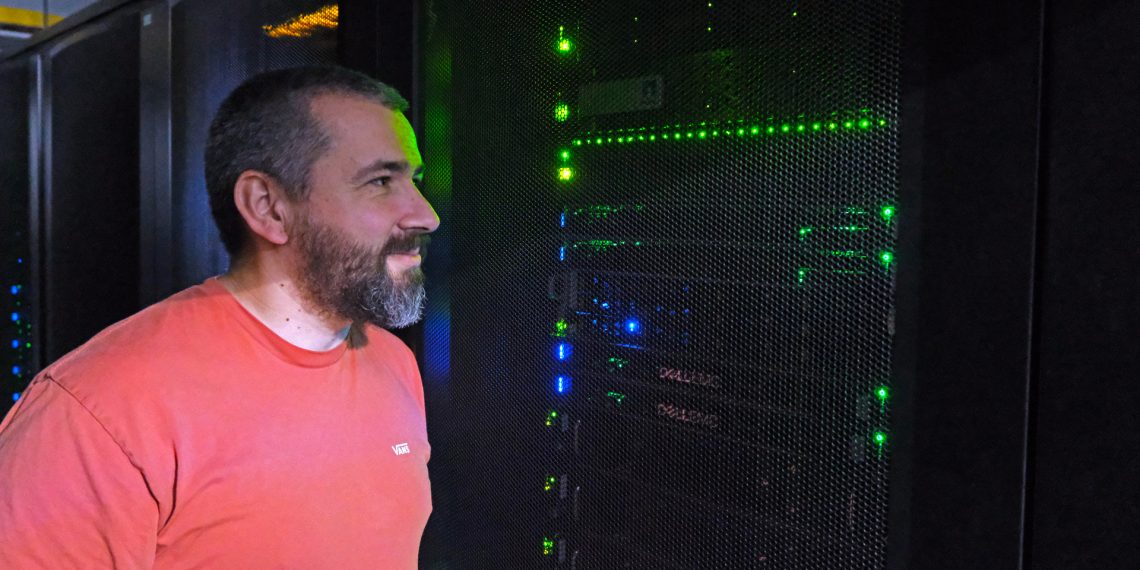
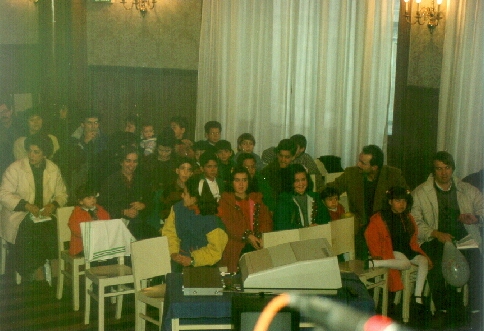
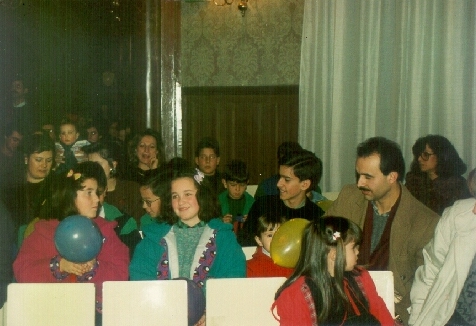
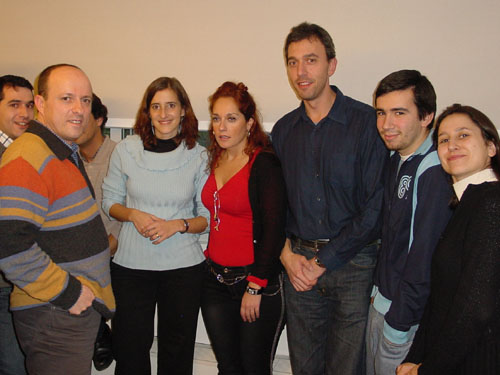
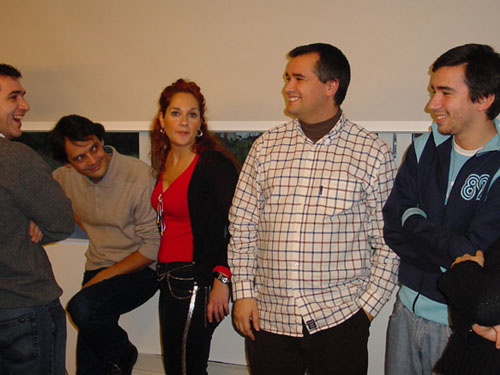
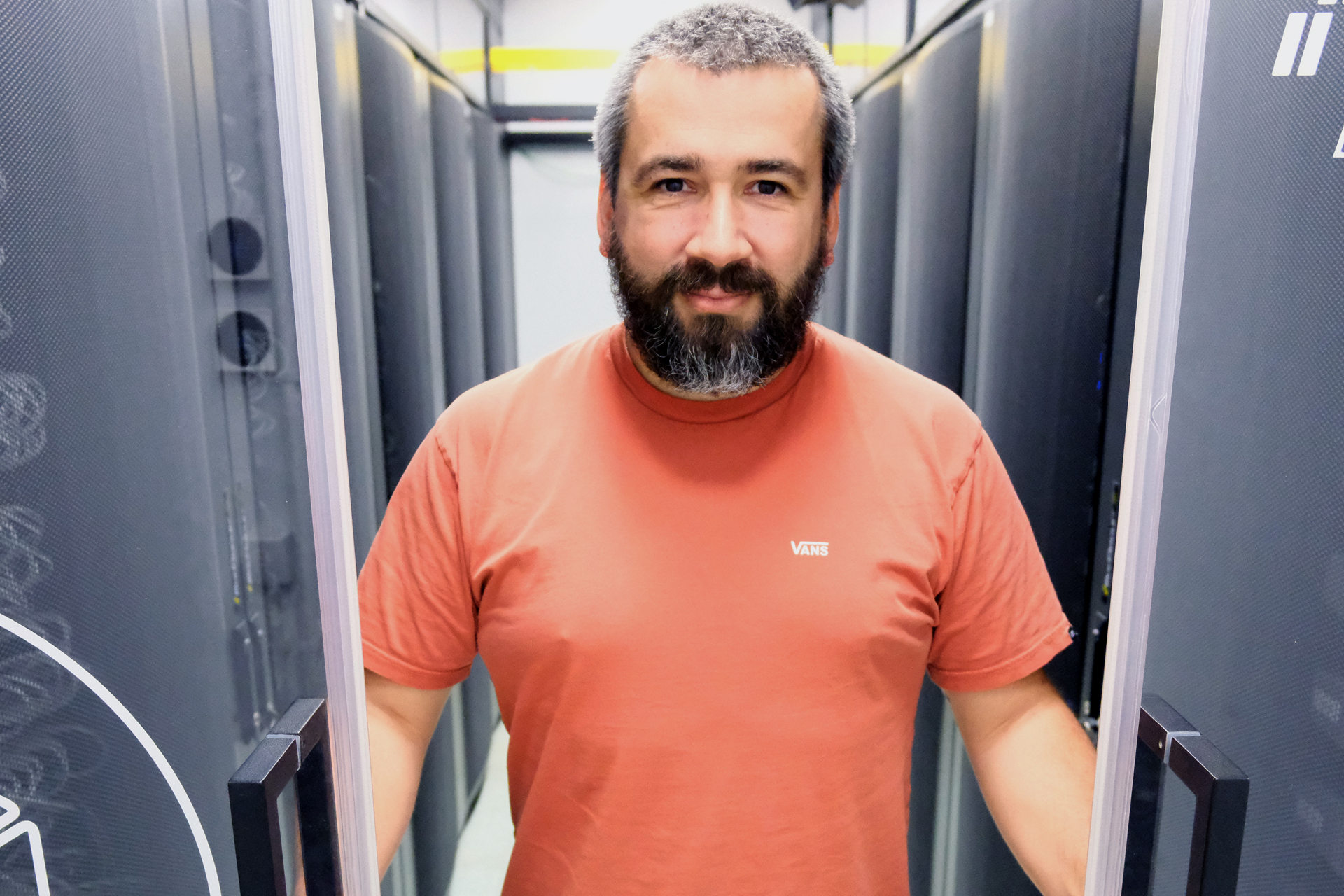
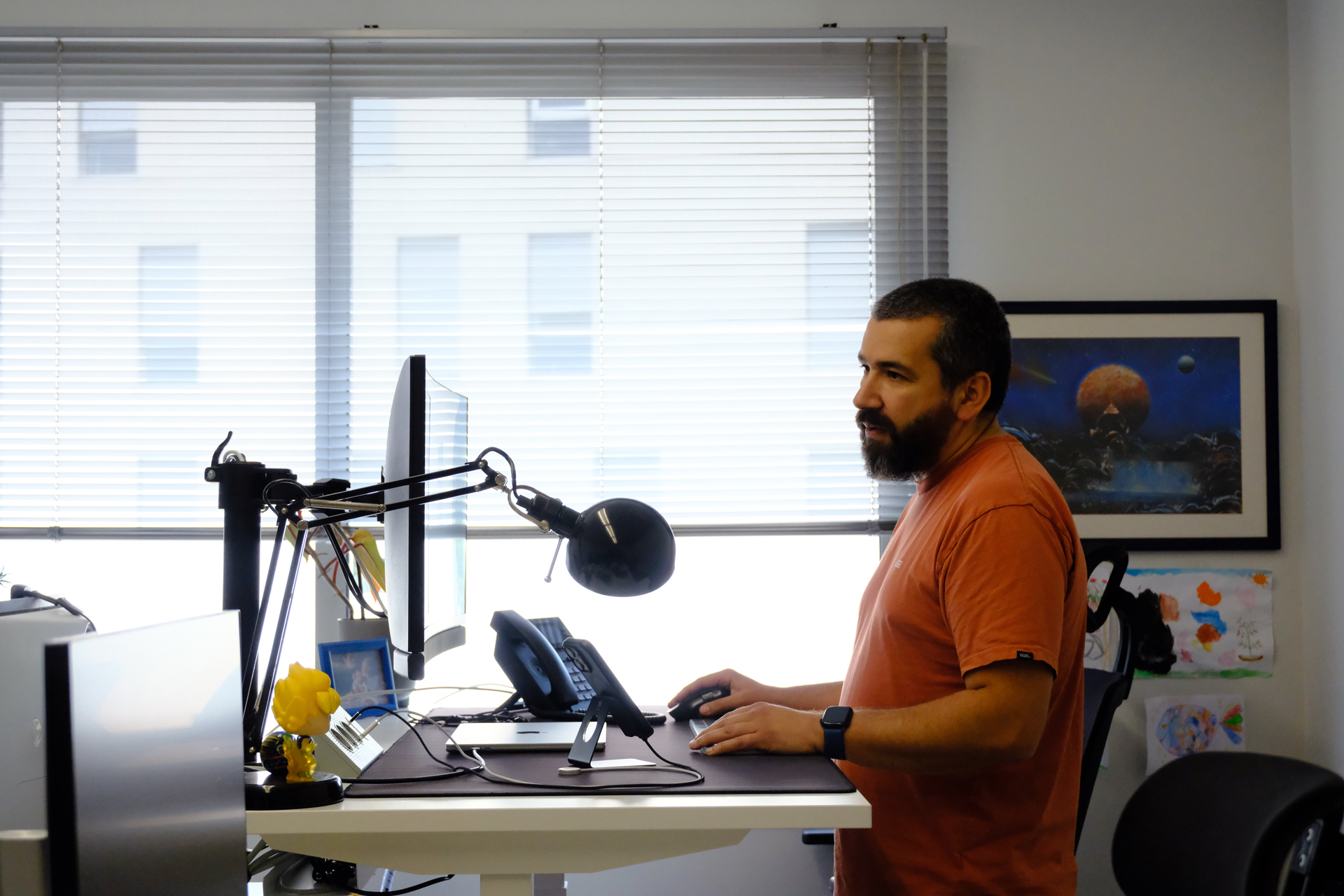
 News, current topics, curiosities and so much more about INESC TEC and its community!
News, current topics, curiosities and so much more about INESC TEC and its community!